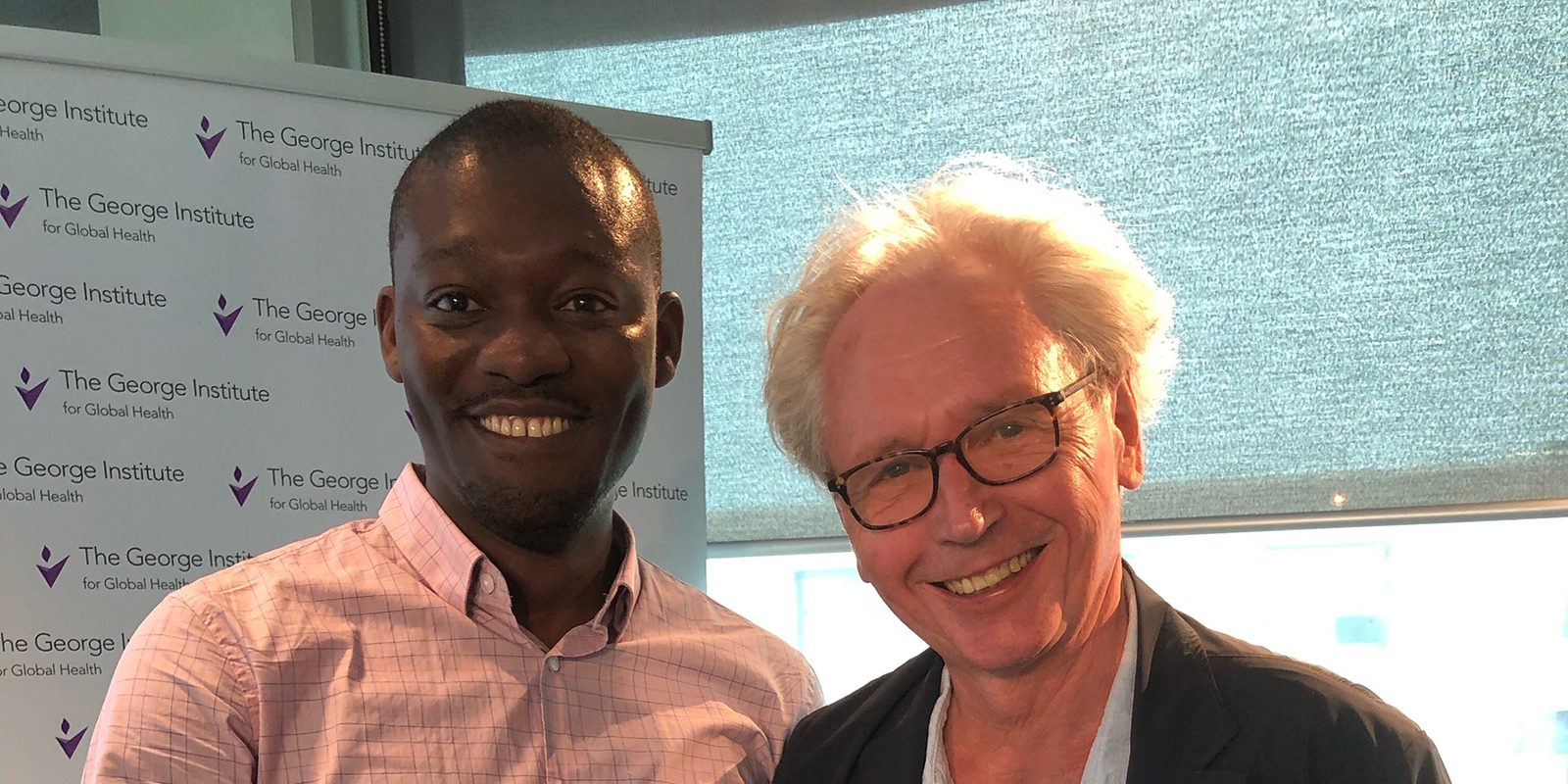
Limitations of global governance for health – motivating change
On the 4th of December 2019, The George Institute for Global Health was honoured to host Distinguished Fellow Professor Göran Tomson at our Sydney office for a special seminar on the limitations of global governance for health.
To improve health outcomes globally, countries need to work collectively on a global scale as well as within their own borders. It almost goes without saying that challenges will arise if the governance of collective actions are not in alignment.
Global Governance for Health (GG4H) involves determining what governance arrangements are needed to progress agreed global health goals.
During this talk Professor Tomson explained the limitations of the current international collective actions in the context of achieving the Sustainable Development Goals. Drawing upon case studies and The Lancet-University of Oslo Commission on GG4H, he addressed five global governance dysfunctions: inadequate policy space; institutional stickiness; democratic deficit; weak institutions and weak accountability.
The George Institute for Global Health's Honorary Fellow Dr Seye Abimbola provided a response, highlighting four main points; global health governance is too global, and needs to focus more on local realities within countries; to enact change we need to become more bold in arguing for what we know to be just and fair; change happens over a long period – any change needs to recognise there will be further changes along the way; researchers need to be more political, engaging policy makers and community representatives early on. The talk concluded with a discussion together regarding how global health needs to become more local and the need to challenge power structures.




